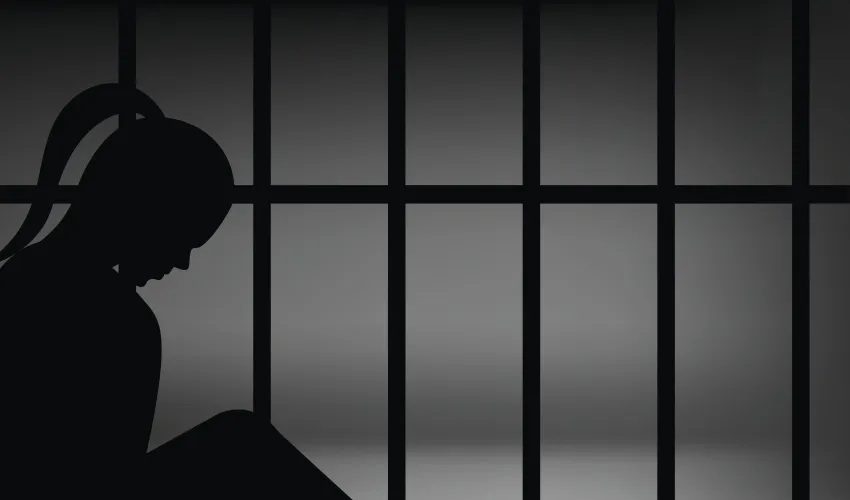
Prison is tough, and tougher for women
If detention in prison represents, by its nature, a situation of fragility, in the case of female detention the fragility is even greater. This is what Melissa Miedico, associate professor at the Department of Legal Studies of Bocconi University and head of the legal clinics project of the University tells us. In the clinics, teachers and students of the Master program in Law lend their work of "support and orientation" in some difficult contexts such as, for example, the Bollate prison. A difficult situation as a whole, and for women even moreso. "Women in Bollate prison live in a situation of great suffering", explains Melissa Miedico, "because, in addition to the problems related to detention itself, representing less than 10% of the prison population they are also marginalized, especially from the point of view of the resources offered to them. I'm talking about professional opportunities, or courses in cinema, theater, reading. For them, since there are no mixed-gender opportunities, the resources deployed for these purposes are very few compared to those offered to male prisoners." And the Bollate prison, within the Italian penitentiary scene, is seen as an example of excellence. In addition, female detention often has serious repercussions on the family unit, since women take care of children and the elderly more frequently. And this generates feelings of guilt.
nother characteristic of female detention is that a large proportion of women prisoners are foreigners. "Many come from other contexts of fragility, such as, for example, the Roma community, in which women face a sort of 'inexorable destiny', that of being forced to commit crimes. Their propensity to commit crimes is induced by the cultural context of which they are part. It should also be noted that almost always these are crimes with a very low component of violence", continues Miedico, "and the penalty for imprisonment imposed on them is, in my opinion, often disproportionate."
The activity of the clinic, in this difficult situation, is of fundamental importance and of great impact: "We are present in prison once a week in the women's ward. We mediate to explain the stages of detention and help women claim benefits, including long-term benefits such as probation. In this we coordinate with their lawyers and prison educators. The fact that many of them are foreigners adds further complexity, because the problems of detention add up and intertwine with those related to the residence permit. We support them and help them understand these complexities," says Miedico.
It is a sort of window on the outside world. Three of the students involved in the project, Francesco Mauri, Antonio Maria Traversaro and Aurora Zamagni, all enrolled in the fourth year of the Law program, agree with this definition: "Ours is also a listening activity, not just legal advice. We accept their requests, their needs, and we strive to find solutions. It may not seem like much, but in fact it is very important to show that someone cares about their problems" explains Antonio. Problems that seem trivial, for those who are outside. But they take on a completely different dimension in a deformed parallel reality like that of prison.
"I am thinking, for example, of the case of machines that dispense drinks and snacks", continues Antonio. "In fact, in the room where the detainees receive family visits they are absent, while in the men's ward there is even a bar. This is because, given the considerable numerical inferiority of the female prison population, needs are more difficult to be satisfied", Aurora intervenes. Small things, or maybe not, if you want life to have meaning even behind bars and are looking forward to getting back out there. "The legal desk is important because it fills a void," Francis says, "and unfortunately not all prisons have one. Communicating with the outside is difficult, there are limits set by regulations. We are also there for this and it is a great satisfaction, an enrichment, to see that it works."